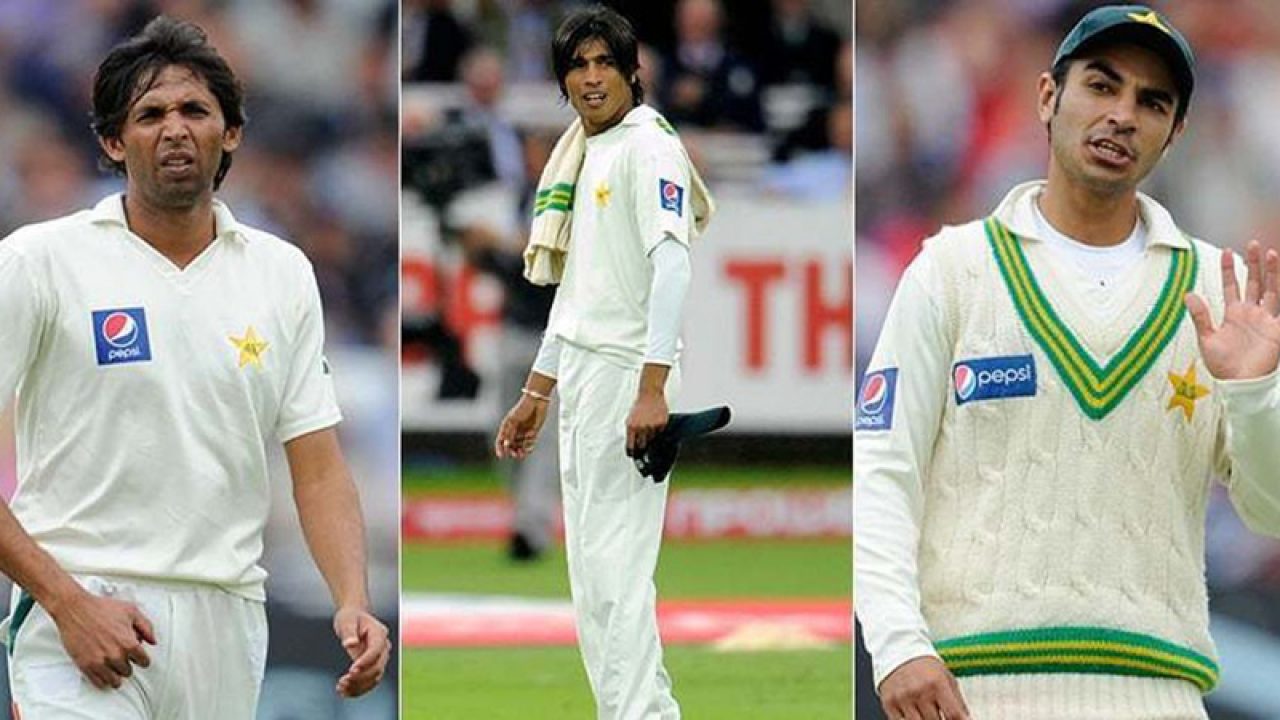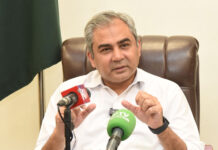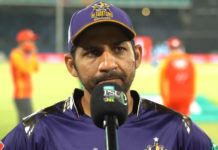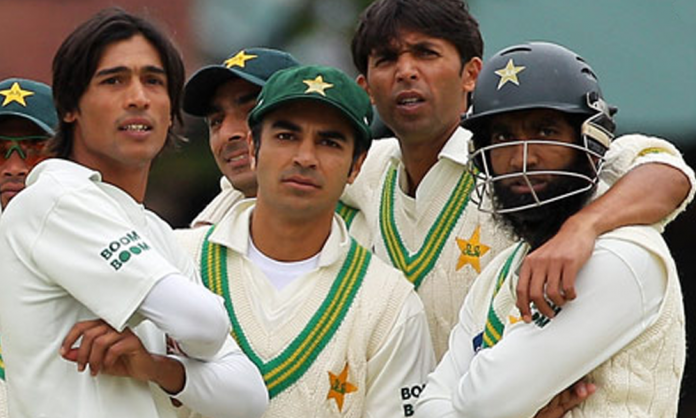Pakistan’s cricket team has been the pride of this nation for years. We have been proud of our boys, whether they win or lose, because of how great they are and how they always try their best.
However, we can’t deny the fact that there have been many cases of corruption and other issues throughout the years as well. Pakistan Cricket Board (PCB) has recommended to carry out tough sanctions against individuals who are corruptors in cricket.
“The PCB has reviewed the existing legislation enacted within Pakistan and has noted that the same fail to target and address corruption/illegal manipulation in sports adequately,” Chairman Ehsan Mani said on Sunday while talking to APP.
“In the draft paper, the PCB has proposed severe sanctions about corruption, illegal manipulation, betting, match, and spot-fixing as well as aiding and abetting such conduct and has proposed penalties to be imposed on individuals found guilty of engaging in such offenses,” Mani added.
Pakistan was faced with an embarrassing international situation when top cricketers Salman Butt, Mohammad Asif, and the young talent at the time, Mohammad Amir, testified as guilty for spot-fixing and corruption.

But that’s not the only time Pakistan had to be embarrassed. Cricketer Saleem Malik was given a lifetime ban in 2000 (overturned in 2008) for offering bribes to cricketers. He was the first cricketer to be banned for a lifetime for corruption, and also the first cricketer to be jailed.
Ata-ur-Rehman followed when he was banned in 2000 for dealing with bookers and was also given a lifetime ban (lifted in 2006). Danish Kaneria also found himself in a fix after being banned for life. He was arrested in 2010, although the investigation determined him cleared of allegations, e was found guilty by an England and Wales Cricket Board disciplinary panel and banned for life.
More recently, Sharjeel Khan was placed under a 5-year ban in August 2017 for spot-fixing charges in Pakistan Super League. Asides Sharjeel, other cricketers who were found guilty of spot-fixing include Nasir Jamshed, Khalid Latif, Mohammad Irfan, and Mohammad Nawaz.
PCB is currently in the midst of a corruption battle against Umar Akmal. “The PCB takes matters relating to anti-corruption very seriously and firmly maintains a zero-tolerance approach. The PCB doesn’t take any pride in seeing a cricketer of Umar’s stature being banned for corruption. Still, as a credible and respectable institution, we need to send out a loud and clear message to all our stakeholders that there will be no sympathy whatsoever for anyone who breaches the regulations,” the PCB had said last month.
“Too many meaningless matches and events were being organized, which was costing the PCB a fortune without benefiting Pakistan cricket. Also, contrary to the constitution, the Regions were not generating their own funds and had become completely dependent financially on the PCB without any tangible results,” Mani said.
“We introduced a high-quality and competitive 2019-20 season in which the best of the best players featured, and as a result, some of the top performers broke into the recent Pakistan sides, most prominent being Haider Ali.
“To ensure our best domestic cricketers continue to be looked after and are well paid, the PCB offered decent player contracts in the 2019-20 season, which have further been improved for the 2020-21 season.
“I envisage a Plus A Category domestic player will make around PKR3million if he features in all matches of the 2020-21 season, while a D category player will earn just under Rs 1 million. These numbers are based on match fees and daily allowances only, but if you add the prize money, then these numbers will increase substantially.”
Chairman PCB said once cricket clubs are fully active and once cricket comes back on track after COVID-19, proper action will be taken, and there will be new rules to abide with as well.
Stay tuned to Brandsynario.
7 Controversial Pakistani Cricketers & Their Stories that Broke the Internet!








































